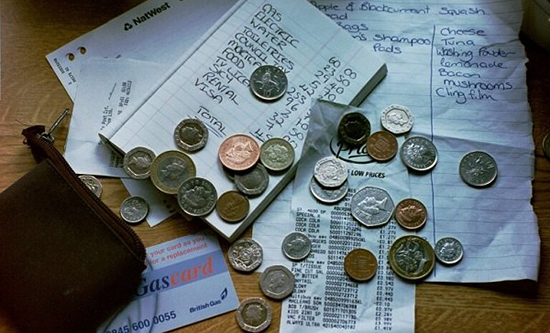
In the year 2019-2020, around 14 million people in Britain – more than one in five of the population — were living in poverty, according to the latest report by the Joseph Rowntree Foundation. It states, ‘The risk of poverty is higher for workers with disabilities, black and minority ethnic workers, part-time workers, those in families with children and those in single-adult families, especially lone parents.’ Nine in ten single parent families are headed by a woman.
Yet in the last decade, billionaires in Britain have more than doubled their wealth. This has only been made possible because the poor have over the same period witnessed the steady destruction of what should be fundamental human rights such as housing, health care and access to food. The poorest 10% of households with children have been hit by austerity the hardest, with income cut by almost a fifth – an average £3,800 per year. Child poverty is set to rise to its highest since the aftermath of the Second World War. The so-called age of austerity pummels one section of the population, while for the rich it paves the way for a bonanza: the richest six people in Britain own as much wealth as the poorest 13 million. This is as stark as it is savage.
In-work poverty
The JRF report focuses ‘in-work poverty’. Prior to the coronavirus outbreak, employment levels were the highest they had ever been, and unemployment at its lowest levels since the mid-1970s, below 4%. Poverty, unlike in the past, is not manifesting itself as unemployment – increasing numbers of people are working but still stuck in poverty with little hope of escaping. Rather, it is being caused by benefit cuts and freezes, rising housing costs for low income earners and underemployment.
Around 18% of workers in the bottom fifth of hourly pay rates say they want more hours but those are not available. Spending on non-pension benefits has been falling since 2012/13. Average wages have flatlined; they still have not recovered to their pre-crisis peak of 2007 – the longest wage stagnation in two centuries.
In-work poverty has risen from 9.9% of workers in 1997/98 to 12.7% now. Seven in ten children in poverty are now in a working family. Around 56% of people in poverty are in a working family; 20 years ago this was 39%. The backdrop to this is the tax credits benefit introduced by the last Labour administration as a government subsidy to companies paying workers poverty wages. That benefit has been cut but with no corresponding rise in wages.
Unaffordable childcare and unpaid care work
The report argues that people need to work longer hours to get by because of benefit cuts. A single parent with two children in a job earning the national living wage needs to work 23 hours per week to live free of poverty, compared with 16 hours ten years ago. However, those extra hours are either not available in the ‘job market’, or other circumstances in people’s lives mean they cannot physically take on extra hours, for example having young children coupled with a lack of affordable childcare, or caring (unpaid) for an adult relative. The report states: ‘Low-paid workers are more likely to work non-standard hours, such as evenings, weekends or irregular shift patterns than other workers. Finding formal childcare to fit in with these work patterns is much more difficult.’
Three in ten – or 31% – of all people in Britain with disabilities live in poverty – that’s 3.8 million adults and 300,000 children; and another 3 million people in poverty live in a household where someone is disabled. Overall, this means that half of all people living in poverty in Britain are affected by disability. Additionally, in 2017/18, 4.5 million people were informal adult carers, nearly a quarter of whom were living in poverty. More than half were women and three-quarters were of working age. These caring responsibilities make it nearly impossible to obtain paid work, and only people who care for 35+ hours a week can claim Carer’s Allowance.
Since 2000/01 there has been a sustained rise in housing costs in the social and private rented sector for households on low incomes, while average housing costs for those paying a mortgage or outright homeowners were at similar levels in 2017/18 as in 2000/01. Interest rates have been cut for mortgages. ‘Despite the reduction in rents by 1% a year from 2016 to 2019, social sector rents have still become less affordable, rising faster than inflation and taking up an increasingly high proportion of income.’ Decent, affordable housing in Britain is clearly not a right. The poor are made to suffer. While millionaires in Britain multiply, increasing numbers of people are forced to work only to be kept in poverty.
Mark Moncada
The full JRF report can be read here: https://www.jrf.org.uk/report/uk-poverty-2019-20




